By Sufuyan Ojeifo
I haven’t met the governor of Edo State, Mr. Godwin Obaseki, before. My closest to “meeting” him is seeing him speak on television. I also read stories about him in the print media. Until anointed governorship candidate of the All Progressives Congress (APC) in the 2016 election by his former boss, Adams Oshiomhole, he was hardly known in the state’s governance architecture, which Oshiomhole effectively and firmly superintended.
Although, Obaseki was the Chairman of the State’s Economic and Strategy Team, inaugurated by Oshiomhole in March 2009, he was also hardly heard or seen because he worked behind the scene within the scope of his clearly-defined mandate. Oshiomhole was the face and voice of the government, an inimitable public space man, who offered the essential articulation and defence of his administration’s policies, programmes, as well as its actions and inactions.
But Obaseki’s position was so strategic that it earned him prime consideration in Oshiomhole’s search for a successor that would continue his administration’s laudable policies and development programmes. Oshiomhole knows full well that a sound economic foundation is imperative for a solid political superstructure. Therefore, his decision to pick Obaseki instead of his former Deputy Governor, Pius Odubu, an astute politician, flowed from that knowledge.
Perhaps, Oshiomhole chose Obaseki because of his apolitical disposition so that he (Oshiomhole) would continue to superintend the APC political structure in the state once out of power, while Obaseki frontally confronts the state’s governance issues. If that was the idea, it was strategic and neat in the administration of the state’s political economy. But such arrangement has always been utopian in the context of our archetypical cloak-and-dagger politics.
Given the tentative political interactions that characterize relationships between godfathers and their godsons, where parties fail to keep to agreements, there is bound to be conflict of interests that could obviate whatever the earlier agreements were. Vested interests begin to shift positions, thus causing intra-party tension and aggravation. This is exactly the situation in the Edo State Chapter of the APC.
It is either history is repeating itself in Edo or Obaseki is repeating history by his decision to challenge the political leadership of Oshiomhole, the man who handpicked him as his successor. Recall that former governor of the state on the platform of the Peoples Democratic Party (PDP), Professor Oserhiemen Osunbor, acted naively when he moved to decimate the PDP structure under the suzerainty of the late Chief Tony Anenih.
Osunbor had accepted imprudent advice to build his own political structure, preparatory to his second term in office, but for Anenih’s resilience, the Law professor would have seen his back. Funnily enough, Osunbor was still in court defending his victory in the election in which Oshiomhole had taken the state’s political terrain by storm when he was, seized by the delusion of grandeur, fighting within the PDP to supplant Anenih.
Seen as demonstrating political naiveté by taking on Anenih, the man who brought him to political limelight, Osunbor, encouraged by a motley crowd of leaders that could not provide him with the necessary political rampart, continued to dig his feet in. Indeed, the negative consequence of his action is a matter of history. He did not only lose to Oshiomhole at the Court of Appeal, he also lost his bid to hijack the PDP structure.
Surprisingly, Obaseki has forgotten that intersection in Edo State’s political development so quickly. Does it mean he is not a good student of recent political history of the State? Or, is it that he is scoffing at history?
By engaging in a cold war with Oshiomhole over control of the APC structure, Obaseki is misreading the political terrain of Edo State and repeating history. He is perhaps over-estimating his political worth against an eight-year governorship pedigree by which Oshiomhole had defined the magnitude of his politics of empowerment and accommodation. That quite explains the growing strength of his political structure and his political attractiveness.
I had expected Obaseki to emulate that exemplar in his first term, quietly build and empower loyalists now and in his second term for an alternative power base if that is his essential motivation. It has to be strategic and not imprudently hurried. But he decided to approach governance differently.
Obaseki’s decision to sideline a vast majority of the politicians that Oshiomhole mobilized to work for his governorship election, on the hypocritical pretext that the state’s resources are not to be shared to politicians, was the first major cause of unease in the APC family in Edo.
The argument in some quarters is that Obaseki would not have been governor if Oshiomhole had not anointed him and deployed state’s resources for his election. Since what is sauce for the goose is sauce for the gander, the governor can’t justify his decision to deny those who worked hard for his election the political benefits of their investments. That echoes political prebendalism and mirrors the spoil system in our presidential democracy.
This is exactly what is ailing the APC in Edo State. It is not about claims in certain quarters that Oshiomhole is not giving Obaseki free hands to administer the state. Those close to governance in the state argue that stories doing the round that Oshiomhole has not given Obaseki free hands were patently wrong and unfair. They assert that Oshiomhole has never interfered in the administration of the state since he handed over to his successor.
But conversely, Oshiomhole has been showing more than a passing interest in the administration of the APC in Edo. This is defensible. It is the political machine that he continues to oil as its national chair. Obaseki is not a politician. In the selection of candidates for the 2019 general election, the governor had wanted to install his loyalists as candidates for National Assembly and State House of Assembly elections without recourse to the political sentiments and sensibilities of Oshiomhole.
To Oshiomhole, it was providential that the development happened under his watch as national chair of the APC; otherwise, Obaseki would have deployed the machinery of the state government, in concert with forces at the national secretariat of the APC, to push through his anointed ones as candidates of the party. Oshiomhole would have been pushed to the wall.
But then Oshiomhole could possibly have been compelled to reach a compromise with Obaseki on how to navigate the curves because the concern of the former governor was how to choose popular candidates that could win election. Incidentally, those that were adjudged popular were largely those who had worked in Oshiomhole’s government and therefore referred to as Oshiomhole’s boys.
The perception supra was preposterous when considered within the context that Obaseki himself was Oshiomhole’s boy for all of seven years before he became governor. Becoming his own man and possessing all the paraphernalia of office are justifiable bases of hubris that the governor displays in both subtle and proxy attacks against Oshiomhole.
Obaseki’s perceived naiveté is certainly feeding his hubris in ways that threaten his second term bid. It is self-deception on the part of Obaseki and his administration to create the impression that all is well between him and Oshiomhole. They both know that Obaseki has crossed the red line. Oshiomhole has also probably crossed the Rubicon in a well-considered counterpoise. That is, perhaps, the reason the governor is quietly supporting the agitation for Oshiomhole’s removal because he knows it will be an uphill task to secure APC’s 2020 nomination ticket for a second term with Oshiomhole as national chair.
· Ojeifo, an Abuja-based journalist, contributed this piece via ojwonderngr@yahoo.com




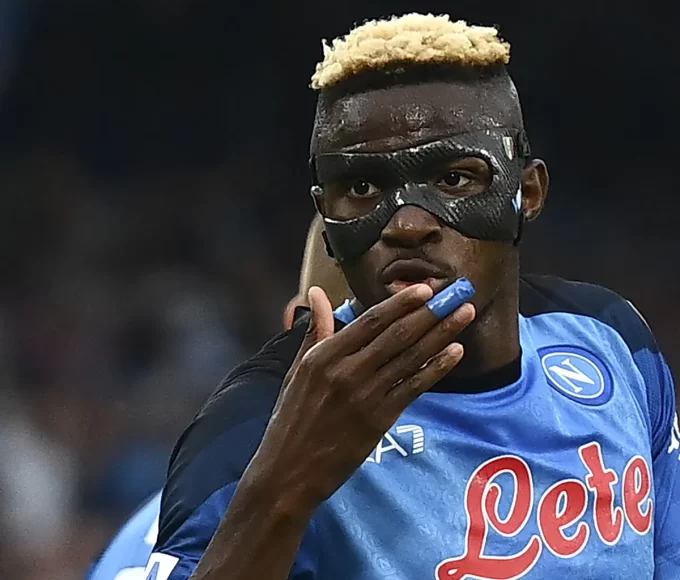


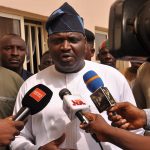
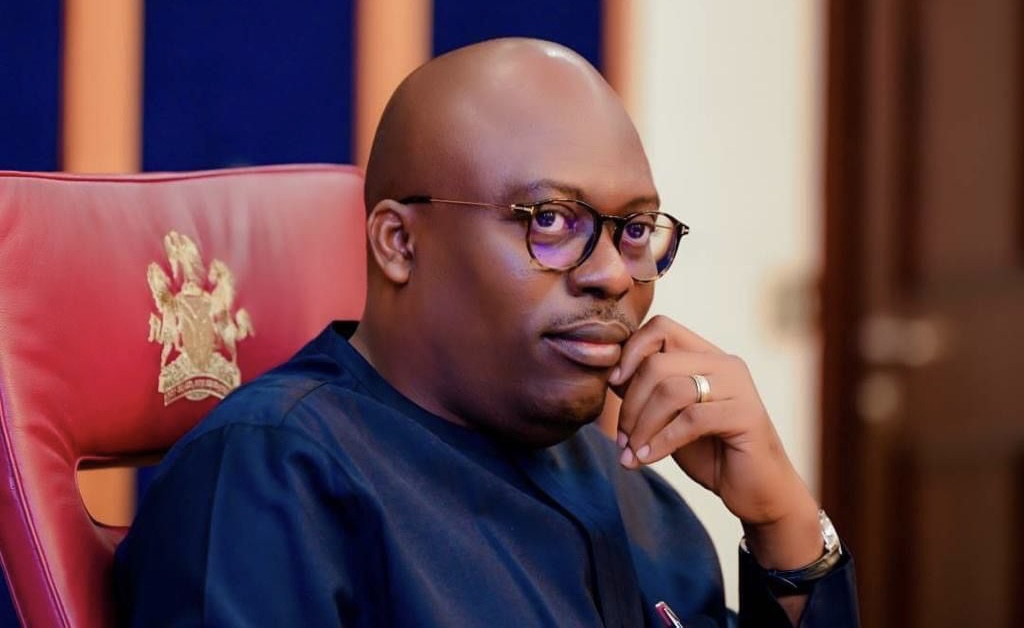
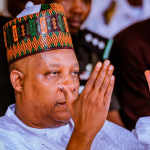




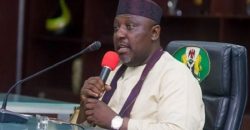

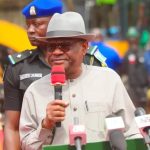

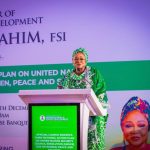

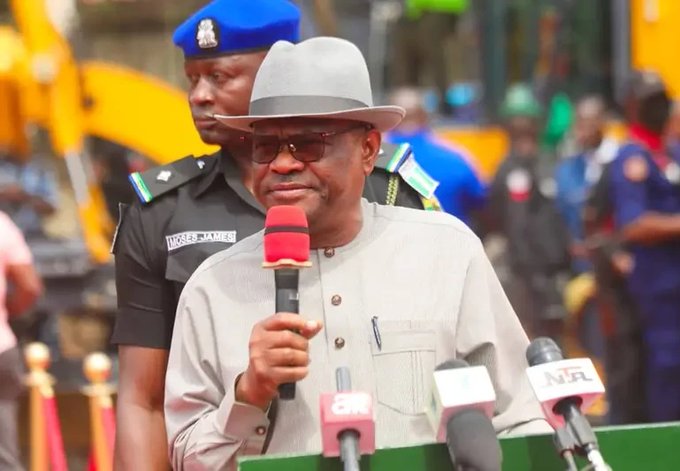

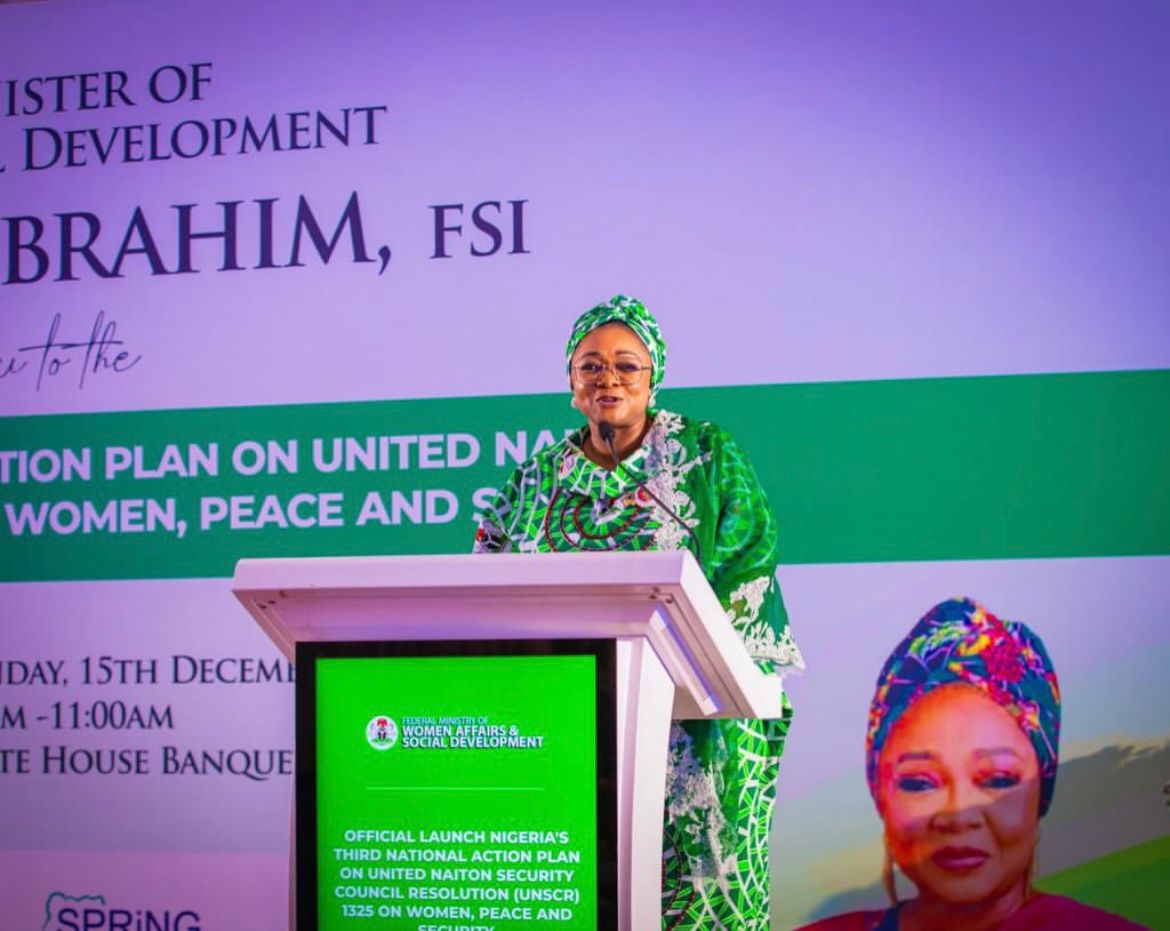
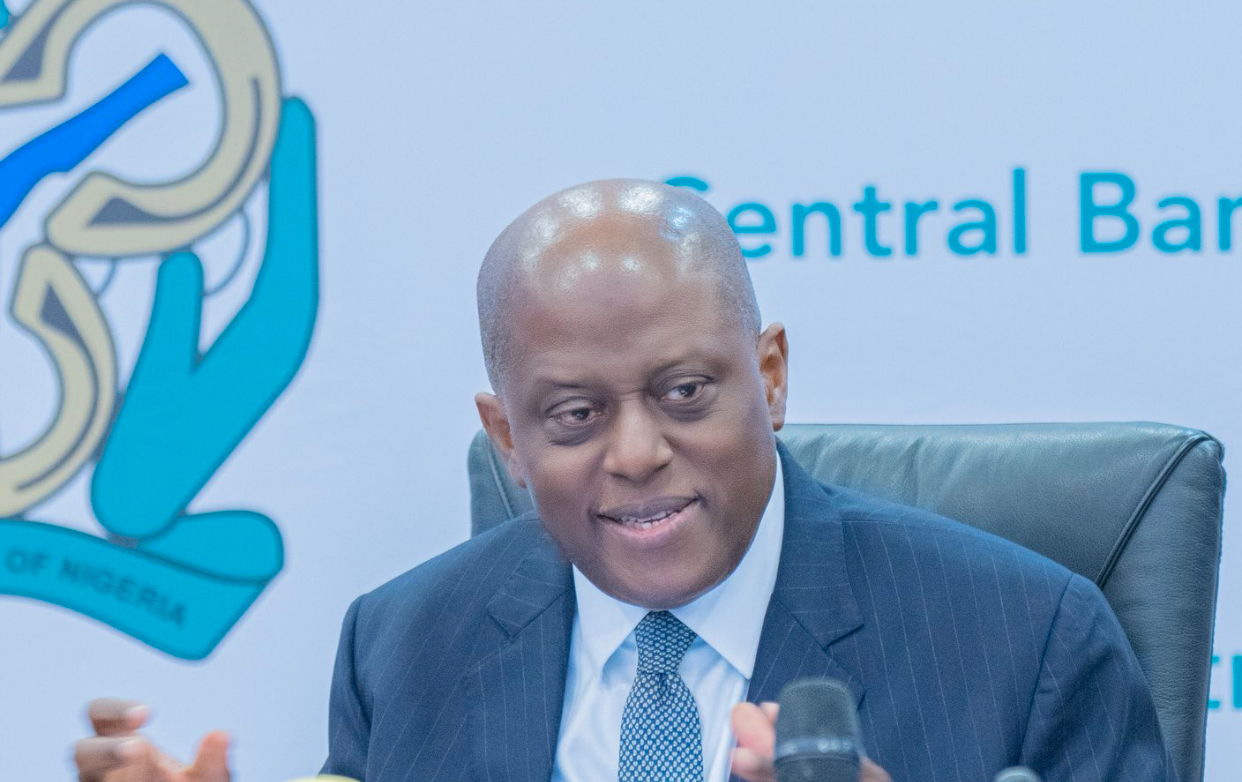
Leave a comment